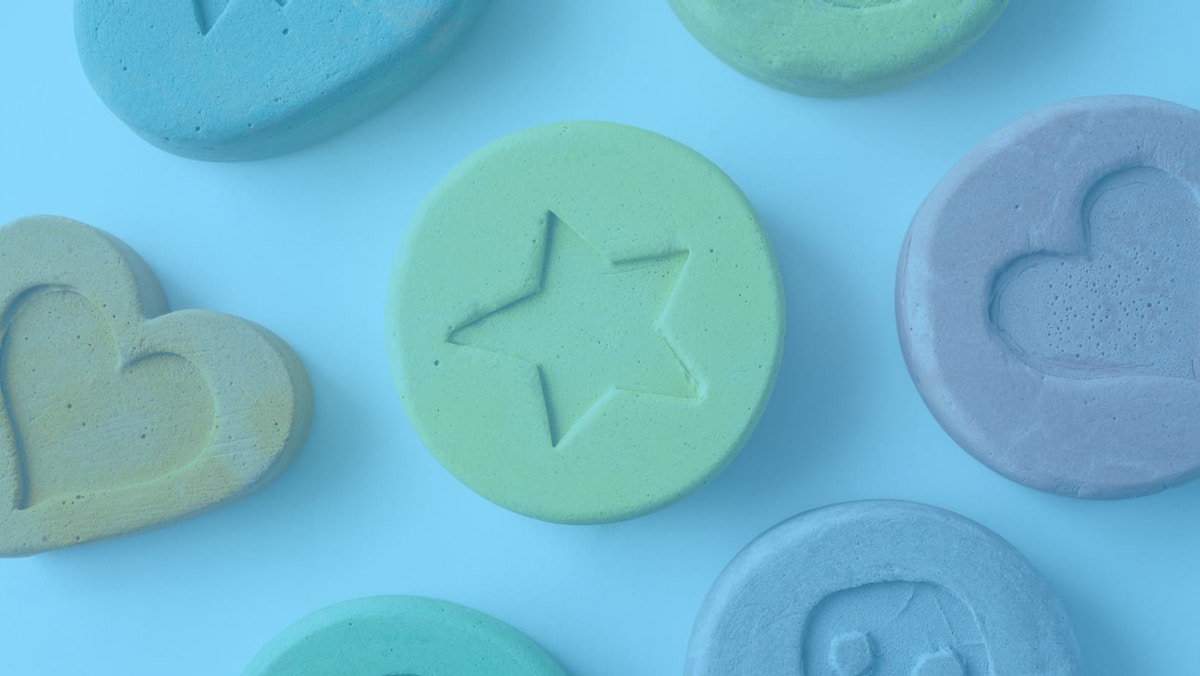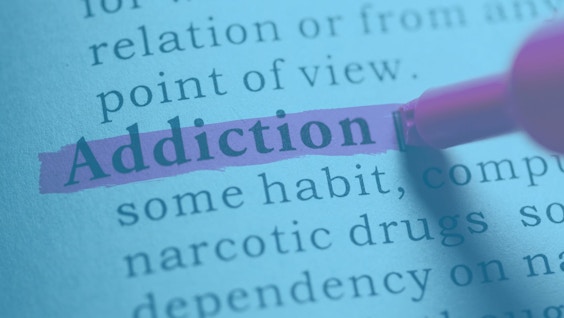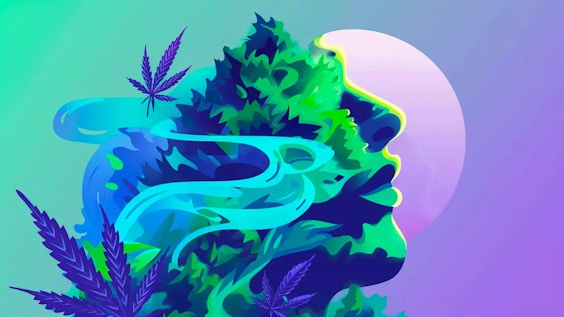
Ecstasy Addiction: What Is It, Causes, and Treatment
Last Updated: Tue, January 23, 2024Contrary to what most users believe, ecstasy addiction can be fatal. If you or your loved one is potentially addicted to ecstasy, you must seek professional help immediately.
In this post, we will talk about ecstasy addiction, its causes, and treatment.
What Is Ecstasy?
Ecstasy is the street name for MDMA (3,4 Methylenedioxy-Methamphetamine). It is an illegal, artificial substance officially classified as a stimulant with potentially hallucinogenic properties.
Also called molly, ecstasy technically describes the tablet or pill form of the drug. Meanwhile, molly describes the white powder or crystalline form of the substance.
Both ecstasy and molly can be cut with other substances such as LSD, cocaine, heroin, caffeine, amphetamine, and even rat poison.
Furthermore, MDMA is a Schedule I Controlled Substance. This means that as of writing, it is not medically accepted. People will also likely abuse it.
What Is Ecstasy Addiction?
Ecstasy (“X” or “E”) has been a popularly abused drug since the 70s. The drug first gained its base among young adults in nightclubs or rave scenes. Since then, ecstasy has been the drug of choice for partygoers who want to stay awake throughout the night.
However, ecstasy addiction and abuse are not limited to the party scene. Its demographic goes way beyond clubs and rave scenes. In fact, there are about 9 million ecstasy users around the world, most of which are young adults and adolescents.
Contrary to popular belief, the love drug is far from safe. Unfortunately, many young adults and adolescents nowadays think that ecstasy is safe and they will not get addicted to it.
While there’s research done on the addictive properties of ecstasy, one thing becomes certain: users can become dependent on the drug. And they frequently do.
In particular, ecstasy affects the brain by increasing dopamine levels. It also triggers the excessive production of serotonin. Together, these processes produce positive feelings and a better mood.
A user can get addicted to the high easily. However, the high also makes the users unaware of what else their body suffers from while using the drug.
In particular, ecstasy can harmfully increase one’s body temperature. This can result in kidney failure), elevated heart rate, and increased blood pressure.
Long-term use of ecstasy can also damage neurons in the brain. As a result, cognitive defects occur. This is especially problematic for adolescents whose brains are still developing.
Moreover, ecstasy’s toxic components make its risks and side effects unpredictable most of the time.
Users addicted to ecstasy also raise their dosages to feel the same high. As a result, they develop tolerance to the drug. Eventually, they become dependent on ecstasy.
This process promptly starts after a user takes ecstasy for the first time. The more a user takes ecstasy, the worse its effects become.
People using ecstasy are at risk of having muscle cramps, cramps, blurred vision, chills, dehydration, nausea, high blood pressure, seizures, and hallucinations.
Causes of Ecstasy Addiction
Anyone can become addicted to ecstasy. However, some people are more susceptible to developing ecstasy addiction than others.
Specific factors affect the tendency and speed of developing an ecstasy addiction. These factors include the following:
1. Family History
Substance addiction is more common among families who have histories of drug addiction. Hence, genetic predisposition increases the likelihood of ecstasy addiction.
If you have an immediate family member (a sibling or parent) with ecstasy addiction, you have a higher tendency of developing an addiction.
2. Mental Health Disorders
If you have or your loved one has a mental health disorder, you or they are more likely to turn to ecstasy to cope with their feelings. These mental health disorders include attention-deficit hyperactivity disorder (ADHD), depression, anxiety, or post-traumatic stress disorder (PTSD).

3. Peer Pressure
Pressure from friends can lead someone to start using and misusing ecstasy. For this very reason, ecstasy addiction is prevalent among young people.
Young people, especially adolescents are easily swayed by peer pressure, so they give in to trying ecstasy.
4. Lack of Family Involvement and Supervision
Young people who suffer from ecstasy addiction often experience difficult family situations. Some of them also lack a bond with their family. Others don’t get supervised by their parents properly.
5. Early Ecstasy Use
Using ecstasy at an early age causes changes in one’s developing brain. This increases the tendency of it progressing to ecstasy addiction.
Ecstasy Addiction Treatment
Since people often use and abuse ecstasy with other drugs, treatment plans should be made according to the individual needs of the person looking for help. This means treating every drug being abused. It also means addressing any underlying mental health issues such as depression and anxiety.
There are many levels of treatment for ecstasy addiction. These levels are also known as the continuum of care.
In most cases, users must attend an inpatient rehab program. Then, they must join outpatient programs. Once a patient finishes the program, they should continue treatment by attending therapy and joining support groups.
The right support system and a sobriety app like I Am Sober can also help.
I Am Sober is a free app that helps you get some control back in your life.




